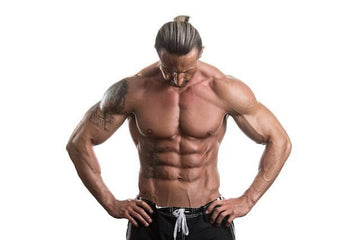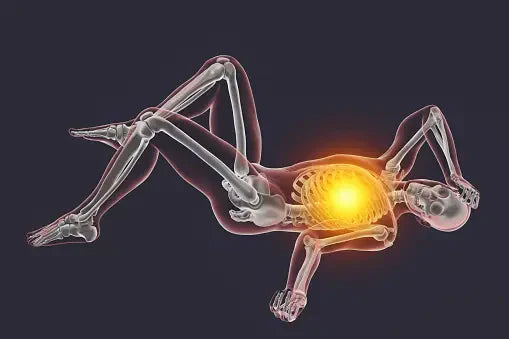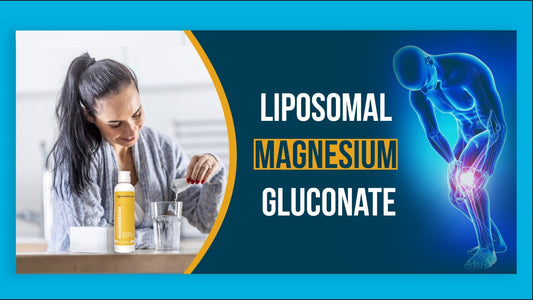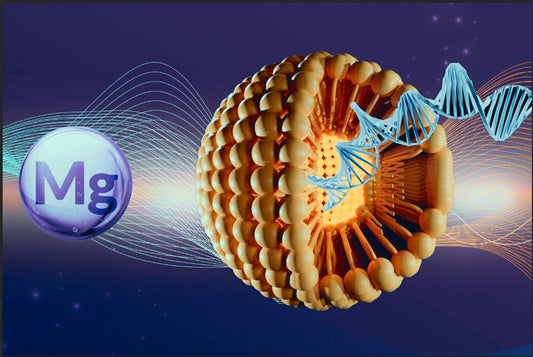

Carbohydrate's Influence on Muscle Mass: Why You Need Carbs
Table of Contents
| Carbohydrate’s Influence on Muscle Mass: Why You Need Carbs |
by: Robbie Durand
Cutting back on carbs is the norm for most people to lose body fat, I am not opposed to cutting back on carbs such as a moderately restricted carb diet but I am not in favor of ketogenic diets. Indeed, many people who try low-carb dieting are initially pleased by an immediate weight loss, which is mostly water and glycogen. So, in the short term, it seems like low-carb diets are superior. But does long-term evidence support low-carb dieting? Research says no. Over the long haul, any differences between low-carb and other diets even out. One of the biggest downsides to low carbohydrate diets is that they impact training intensity.
Unfortunately, low-carbohydrate diets are incapable of replenishing the glycogen depleted during high volume exercise. Without sufficient carbohydrate to replenish both glycogen stores and maintain sufficient blood glucose, cortisol will be secreted in an effort to boost blood glucose levels through muscle breakdown and amino acid oxidation.
Low-Carb Impairs Strength Recovery After a Workout
Researchers wanted to study the impact of low carb diets on eight subjects (4 males, 4 females) were randomly assigned to a low carbohydrate (3.4 g/kg), higher protein (1.5 g/kg) diet, or a high carbohydrate (5.0 g/kg), lower protein (1.2 g/kg) diet. Both diets exceeded the recommended daily allowance (RDA) for protein. The mean weight of the subjects was 70 kilograms, so the high-carbohydrate diet consisted of 343 grams of carbohydrate, 85 grams of protein, and 62 grams of fat. The low-carbohydrate-higher protein diet was composed of 226 g carbohydrate, 103 g protein, and 67 g fat. The diets supplied enough calories for each subject to maintain weight. The diets were followed for five days, and then the subjects performed an eccentric exercise bout to induce muscle damage. After eccentric exercise, the researchers measured muscle soreness, creatine kinase (a marker for muscle damage), isometric strength, nitrogen retention, and whole-body protein metabolism.
The low-carbohydrate diet produced a greater strength loss and lower creatine kinase after exercise when compared with the high-carbohydrate diet. In addition, the high-carbohydrate group experienced a reduced strength loss at 24 hours post-exercise when compared with the low-carbohydrate group (8.1% versus 15.5%). This reduced strength was maintained throughout the study and averaged 28% in the low-carbohydrate group and 8% in the high-carbohydrate group on day four of recovery. The low-carbohydrate group also had a reduced protein turnover, synthesis, and breakdown during recovery.
This study suggests that a diet high in carbohydrate (at half of total calories), when protein exceeds the recommended daily allowance, will increase whole body protein synthesis and reduce muscle strength loss and enzymatic activity during recovery from eccentric exercise. Therefore, dietary carbohydrate, as opposed to protein, may be the more important nutrient when the novice weight lifter is recovering from muscle damage. Finally, the increase in dietary carbohydrate must be at least 5 – days in length and be accompanied by a protein intake above the RDA in order to be effective.
One of the other things carbohydrates are necessary for is: Carbohydrates influence testosterone production. Here are a few studies, which examine how carbohydrates impact testosterone levels:
| Hu T, et al. Effects of Low-Carbohydrate Diets Versus Low-Fat Diets on Metabolic Risk Factors: A Meta-Analysis of Randomized Controlled Clinical Trials. Am J Epidemiol. 2012 Oct 1;176 Suppl 7:S44-54. |
Anderson KE, Rosner W, Khan MS, New MI, Pang SY, Wissel PS, Kappas A. Diet-hormone interactions: protein/carbohydrate ratio alters reciprocally the plasma levels of testosterone and cortisol and their respective binding globulins in man. Life Sci. 1987 May 4;40(18):1761-8.
Rodriguez M, Arias P, Refojo D, Feleder C, Moguilevsky J. Arrest of pulsatile luteinizing hormone (LH) secretion during insulin-induced hypoglycemia (IIH): improvement by intrahypothalamic perfusion with glucose. Exp Clin Endocrinol Diabetes. 1999;107:257–26.
He D, et al. Effects of glucose and related substrates on the recovery of the electrical activity of gonadotropin-releasing hormone pulse generator which is decreased by insulin-induced hypoglycemia in the estrogen-primed ovariectomized rat. Brain research. 1999;820:71–76
Clarke IJ, Horton RJ, Doughton BW. Investigation of the mechanism by which insulin-induced hypoglycemia decreases luteinizing hormone secretion in ovariectomized ewes. Endocrinology. 1990;127:1470–1476.
Lane AR, et al. Influence of dietary carbohydrate intake on the free testosterone: cortisol ratio responses to short-term intensive exercise training. European Journal of Applied Physiology, 2010; 108: 1125–1131.
Howarth KR, et al. Effect of glycogen availability on human skeletal muscle protein turnover during exercise and recovery. Journal of Applied Physiology, Aug, 2010; 109 (2): 431-438.
Creer A, et al. Influence of muscle glycogen availability on ERK1/2 and Akt signaling after resistance exercise in human skeletal muscle. Journal of Applied Physiology, Sep, 2005; 99 (3): 950-956.
Benjamin L, et al. Dietary Carbohydrate and Protein Manipulation and Exercise Recovery in Novice Weight-Lifters. Journal of Exercise Physiology Online, Dec, 2009; 12 (6).

















